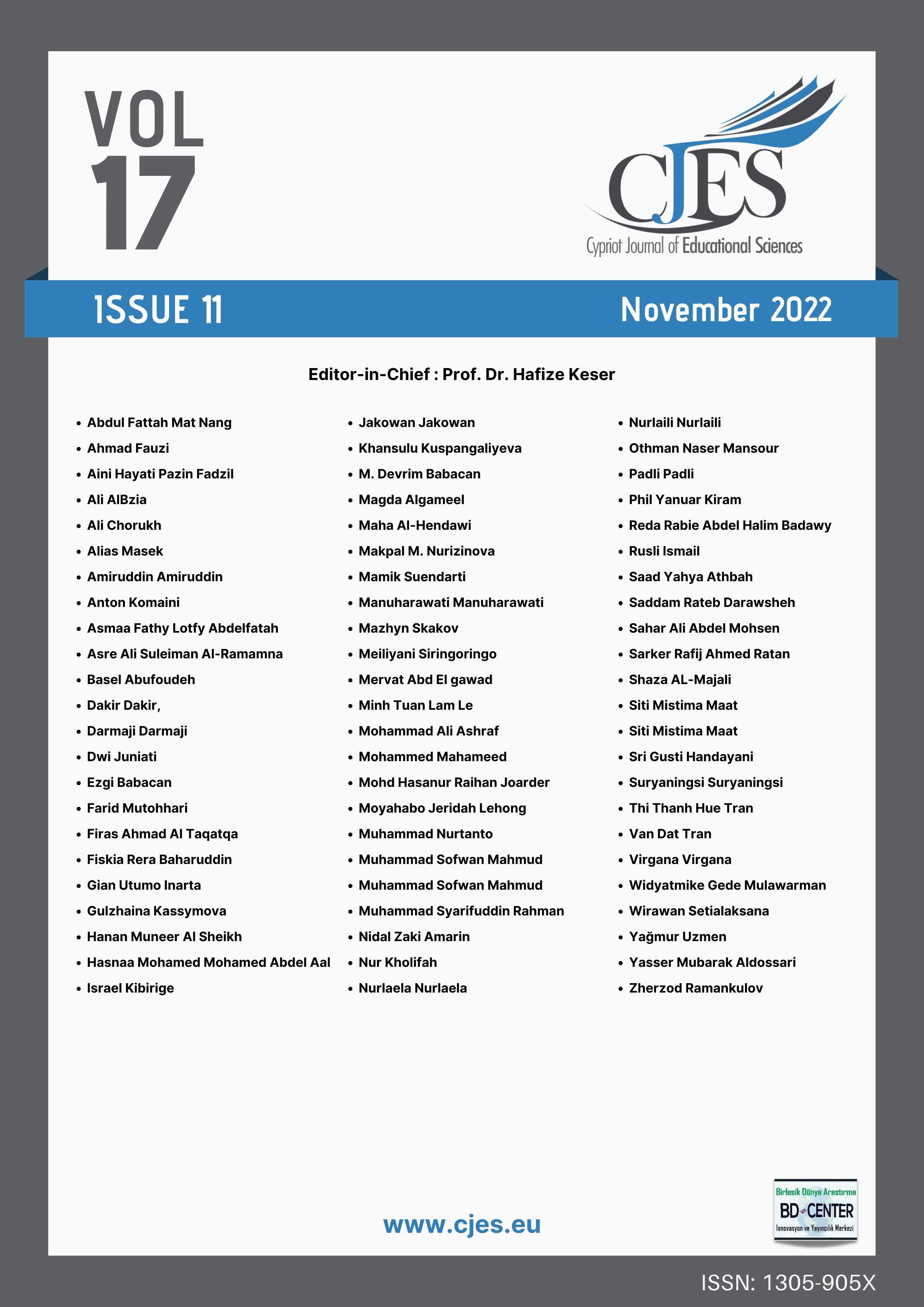The future of blended learning in Jordanian universities post-Covid 19
Main Article Content
Abstract
The research aims to discuss the future look at the nature of higher education in Jordanian universities in amid the shift to blended learning post-COVID-19. The current research uses survey method and the study population consists of all teaching staff in Jordanian universities. A random sample consisting of 323 subjects is selected. The study shows that Jordanian universities teaching staff have a positive attitude towards implementing blended education. The study also shows that there are reasons behind implementing blended learning. Moreover, the study indicates that Jordanian universities face obstacles upon implementing blended learning. The study recommends that Jordanian universities are required to set up a training program for their teaching staff and provide the infrastructure necessary for implementing blended learning.
Keywords: Higher Education; Blended Learning; Attitudes; Reasons; Obstacles.
Downloads
Article Details

This work is licensed under a Creative Commons Attribution 4.0 International License.
Cypriot Journal of Educational Sciences is an Open Access Journal. The copyright holder is the author/s. Licensee Birlesik Dunya Yenilik Arastirma ve Yayincilik Merkezi, North Nicosia, Cyprus. All articles can be downloaded free of charge. Articles published in the Journal are Open-Access articles distributed under a CC-BY license [Attribution 4.0 International (CC BY 4.0)].
Birlesik Dunya Yenilik Arastirma ve Yayincilik Merkezi (BD-Center)is a gold open-access publisher. At the point of publication, all articles from our portfolio of journals are immediately and permanently accessible online free of charge. BD-Center articles are published under the CC-BY license [Attribution 4.0 International (CC BY 4.0)], which permits unrestricted use, distribution, and reproduction in any medium, provided the original authors and the source are credited.

